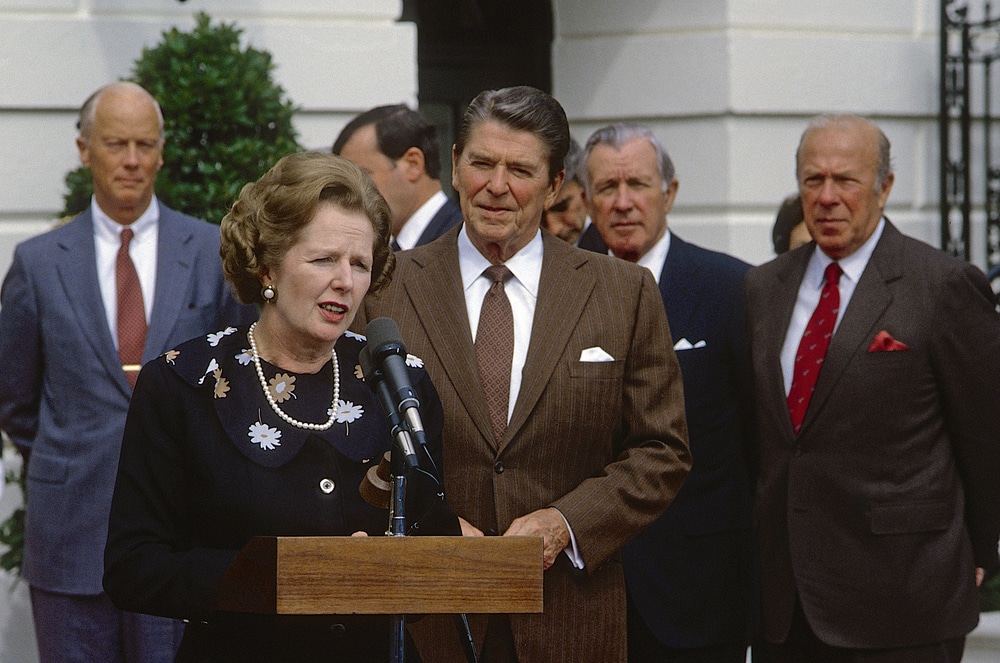From grassroots initiatives for conflict resolution to advocating for policy change, peace studies employ negotiation, dialogue, and mediation to help create peaceful solutions. It’s almost hard to believe that this practical approach to understanding and addressing the root causes of conflict was once viewed as subversive and dangerous. Margaret Thatcher, the former Prime Minister of the United Kingdom, once famously questioned whether the “peace studies problem” had been resolved. The University of Bradford’s Department of Peace Studies and International Development, which celebrates its 50th anniversary this year, was even investigated in its early years by the University Grants Committee (UGC) after concerns raised by British politicians.

Peace studies have come a long way in the last 60 years. What was once seen as a radical threat to traditional fields of study is now a cornerstone of conflict settlement. It is recognised for its critical insight and practical applications in conflict resolution, and post-conflict reconstruction. The field draws on a range of perspectives, including political science, sociology, anthropology, psychology and history, to provide a holistic understanding of the complex dynamics of conflict and peace.
In addition to incorporating innovative approaches to conflict resolution and peacebuilding, including the use of dialogue, mediation, and other forms of nonviolent conflict resolution, peace studies are also becoming increasingly focused on the practical aspects of conflict resolution and peacebuilding. Scholars and practitioners work together to develop and implement peacebuilding strategies in conflict-affected countries, including capacity building, peace education, and the promotion of sustainable development as a means of reducing the risk of conflict.
Another crucial area of research in peace studies has been the study of peacebuilding. The goal is to identify the conditions necessary for sustainable peace, and work towards creating them. The research encompasses a broad range of topics, including the role of ideology and religion in conflicts, as well as economic and environmental factors that can exacerbate tensions between groups. Additionally, it involves supporting grassroots initiatives for conflict resolution and advocating for policy change at the national or international level.
In the world of peace studies, experts have come to recognise that the mere absence of violence or fear of violence – known as negative peace – does not necessarily equate to peace. Instead, peace is a multifaceted concept that encompasses the attitudes, institutions, and structures that promote and sustain peaceful societies, collectively known as Positive Peace.
Positive Peace is characterised not only by the absence of violence, but also by a host of other desirable social characteristics, including stronger economic outcomes, measures of well-being, levels of inclusivity, and environmental performance. In other words, Positive Peace helps create an environment where people can thrive, both as individuals and as members of a broader community.
Rather than simply trying to reduce violence or conflict, Positive Peace seeks to address the underlying social, economic, and political factors that contribute to violence and instability. By focusing on building resilient societies and strong institutions, advocates of Positive Peace believe that it is possible to begin to create a world where peace is not just the absence of violence, but the foundation for human potential to flourish.

Peace studies continue to face challenges today, primarily in the form of limited funding and institutional support rather than the academic suspicion it faced in the past. Universities and research institutions regularly still view peace studies as a niche field rather than an essential component of social science research. This has made it challenging for scholars to secure funding and resources, limiting the reach and impact of their research.
Thankfully, there are signs that this is shifting. In recent years, there has been a growing recognition of the importance of peace studies among policymakers, philanthropists, and civil society organisations. This has led to increased funding for peace studies research, as well as greater collaboration between scholars in this field and other stakeholders in the peacebuilding community.
Peace studies has come full circle, proving its value as an interdisciplinary and practical approach to understanding and addressing the root causes of conflict and promoting sustainable peace. As the world grapples with increasingly complex and interconnected challenges, from climate change to economic inequality, the need for interdisciplinary research and nonviolent strategies for conflict resolution will only continue to grow.
University of Bradford’s Department of Peace Studies and International Development is organising a series of events to honour its legacy as one of the foremost centres of conflict resolution and international development in the world. Events include a gathering at the UK Houses of Parliament next month, and an international conference from 7 – 10 September.